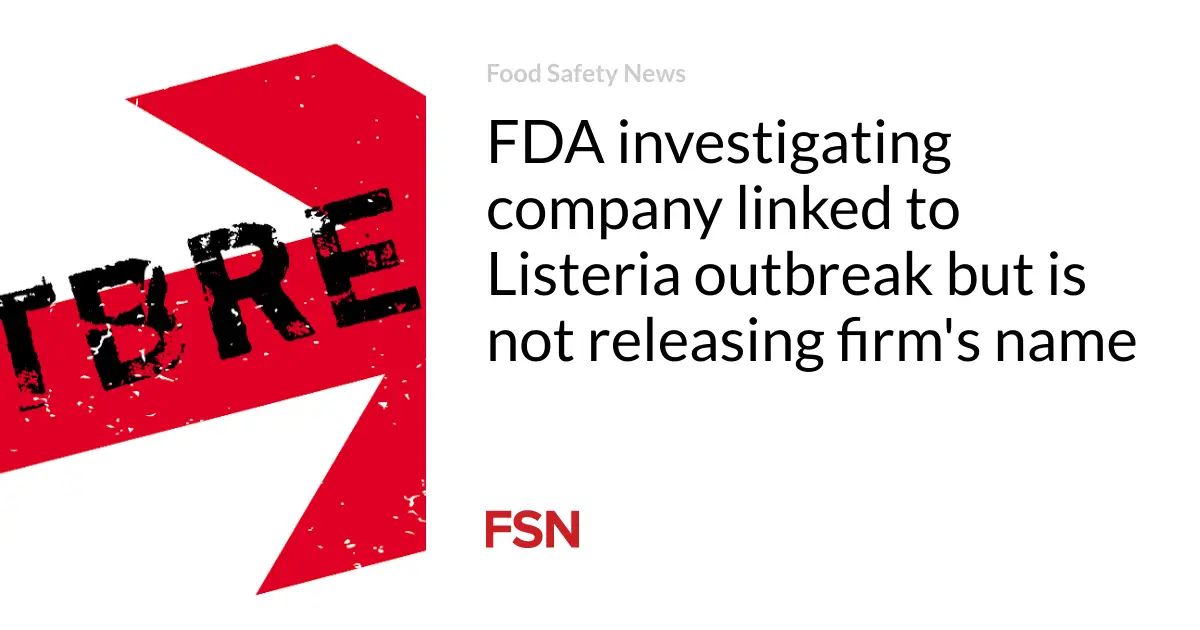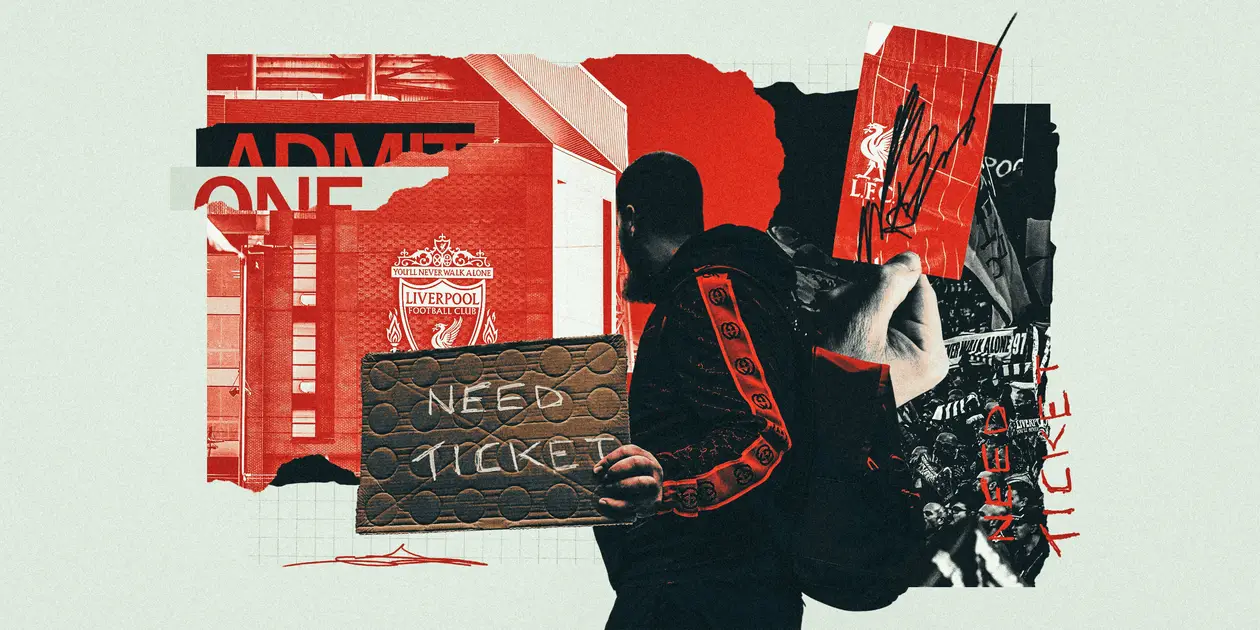
While we may strive to be kind and compassionate in our communications with people, we’re bound to fall short sometimes. And one of the ways we do that in conversation? When we condescend, or talk down, to the other person.
We’re being condescending when we speak to someone in a way that implies our own superiority, said journalist Celeste Headlee, author of “We Need to Talk: How to Have Conversations That Matter.”
“It generally involves some kind of haughty tone, but condescension also almost always involves a passive-aggressive behaviour,” Headlee told HuffPost.
“In other words, when you are condescending to someone as in, ‘Bless your heart,’ you are putting on a false persona of kindness but beneath that is that clear message of superiority. You’re treating them in a way that shows that they are an inferior.”

10’000 Hours via Getty Images
The tendency to talk down to others may have to do with trying to elevate our own social status, Headlee suggested.
“Our survival has always depended on our rank, our status, within a community,” she said. “We need to be in a safe place within a community because it is through belonging — it is through community — that human beings survive.”
Every conversation we have involves “impression management” in one way or another, she explained, “meaning that we are constantly managing the impression that we make on others.”
“So people condescend because it’s a way — whether it be conscious or not — that we can establish our rank above another person,” she said.
According to Southern California psychotherapist Elisabeth Crain, speaking to others in a condescending manner can often be “traced back to underlying insecurity or an inflated ego,” though she acknowledges this also happens when a person is just having a bad day and isn’t cognisant of how they’re coming off.
We all slip up from time to time, but generally we want to avoid communicating in a condescending way because it’s insulting and demeaning to the other person.
“Nobody likes being condescended to. No one likes being told, ‘You’re of lower rank than I am,’ or ‘I’m superior to you,’ which is essentially the underlying message of condescension,” Headlee said.
And secondly, it’s just not an effective way of getting our point across.
“The person on the receiving end is left with a bunch of feelings about the way the information has been presented, rather than the information itself,” Crain said. “That, in and of itself, is a reason people should avoid talking in a condescending manner. They’re going to lose their messaging and lose the efficacy of what they’re trying to get across to others.”
Condescension can also show up not just in what we say, but the tone of voice we employ, as well as nonverbal cues like facial expressions — e.g., rolling our eyes — or body language like patting someone on the head.
Here are some commonly used condescending phrases we may be saying without realising their impact. (And keep in mind that what’s condescending to one person may not be to another. It’a not a one-size-fits-all thing, Headlee pointed out.)
1. ‘Oh, how cute.’
Other variations, including “that’s sweet” or the Southern “bless your heart,” can also come across as condescending. If you’re genuinely trying to express that something is cute or sweet, that’s fine. But be mindful of when you’re using a tone of superiority, Crain said.
“‘That’s cute’ can come off as belittling,” she explained. “It’s also not appropriate or helpful to label things like someone’s understanding of something or effort to try to do something as ‘cute.’”
Headlee offered another example: Say a friend is telling you about their boyfriend, but you don’t really like the guy. Your friend shares a story and you respond with, “Oh, that’s so sweet” in a patronising kind of way.
“If you were in that situation, if you were telling a friend about their new boyfriend, what would you want to hear from that friend?” she said. “Even if they didn’t like them, you’d probably want to hear something like, ‘I’m so glad. It sounds like you found somebody you really like and that makes me really happy. I want you to be happy.’”
2. ‘Well, actually…’ (or other mansplaining verbiage)
Mansplaining is one of the more common examples of condescension, Headlee said.
It’s “when you explain something to somebody that they either are already an expert in or that doesn’t really need to be explained, that they clearly know,” she said. “You often use really simplified language.”
Phrasing may differ based on the situation, but a man chiming into a conversation with a woman to say “well, actually” and proceeding to lecture her on something obvious or something she already knows a great deal about is a classic example.
Of course, if someone asks you a direct question or says they don’t know a term or recognise a concept, then go ahead and briefly fill them in.
3. ‘You’re trying your best.’
Again, the tone behind the words is really important here.
“At times, this can be a genuine consolation, but it can also be patronising, especially if the tone doesn’t match the sentiment,” writer Phoebe Mertens notes on Bolde.com. “It can sound like they’ve set low expectations and are surprised that the person managed to meet even those.”
Think of it this way, Headlee said: If you were opening up to a friend about how you’ve been looking for a job and the search has been really tough, how would you feel if they responded with, “Well, sounds like you’re trying your best.”
“What would you want to hear in that situation? You’d probably want to hear something like, ‘God that sounds tough. It’s so rough to be looking for a job and not able to find one. You must be worried. Is there anything I could do to help?’” she said. “It’s always just about figuring out what you would want to hear in the situation.”
4. ‘You just need to…’
Giving someone definitive advice on how to live their life sure has a way of coming off as condescending.
“For example, saying, ‘You should really do that; it would make your life so much better’ or ‘You must do that; you have to do this,’” Crain said.
Saying things this way “implies that the person’s current way is wrong” and that you know better, Crain said.
Even making a small tweak to your approach can help. Consider something like: “‘I think it could be helpful for you to do that,’ rather than, ‘You have to’ or ‘You should.’ Maybe try using ‘perhaps,’” Crain said.
“Anything that suggests a definitive way of doing things can be perceived as condescending because it puts pressure on the message. ‘Perhaps’ softens that pressure,” she added.
5. ‘It’s not that big of a deal.’
This kind of response is both minimising and invalidating, Oregon psychologist Scott Rower told HuffPost. It implies that just because you don’t think it’s important, the other person shouldn’t either, discounting their experience and feelings on the matter.
“Whether you as the speaker think their feelings are disproportionate to the situation doesn’t change that the person is feeling these feelings,” Rower said. “Feelings are not chosen. The best way to keep these feelings active and someone stuck in them is to shame them for feeling them. Like the old phrase says, ‘What we resist persists.’”
6. ‘You wouldn’t understand.’
Or it might be phrased like, “You wouldn’t get it” or “You don’t get it, do you?”
“These phrases imply that the person on the receiving end isn’t smart enough to figure something out or understand an experience that’s not their own,” Crain said.
And a final thought: Being condescending isn’t something that only inconsiderate people do. We all make these kinds of mistakes when speaking to others, Headlee said.
“Conversation is one of the most complicated and difficult tasks any of us engage in. When you are in true conversation with another person, meaning you’re really listening to them and you’re engaging, it takes up a vast amount of cognitive power,” she explained.
“You will say the wrong thing or someone will misinterpret your tone, so be prepared for it,” she continued. “Be ready to be corrected and see it as just a growth opportunity between the both of you.”







